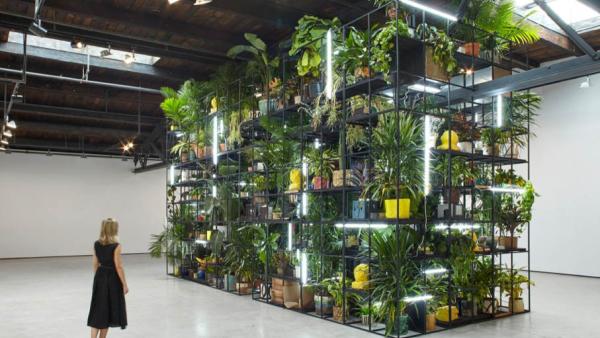There’s a lot of scientific debate about the future of climate change. But have you ever considered the worst case scenario? David Wallace-Wells gives us one terrifying glimpse into the future.
Current Events
“The climate crisis is a crisis of culture and thus of imagination,” says writer Amitav Ghosh. So what changes in our conversation about global warming when we tap into the imaginative worlds of novelists and artists?
In 2011, nearly 70 teenagers were shot and killed in Norway. The gunman was a white supremacist named Anders Breivik. Journalist Asne Seierstad spent years trying to figure out how someone could do something so evil.
Can shame also be used for public good? There’s a judge in Texas who’s famous for his creative – and controversial – shame-based sentences. To hear how they work, let’s go back to Thanksgiving evening, 1996. Houston, Texas.
Think there's a renaissance of public shaming online? You're right. There's something about the anonymity of social media has people who probably seem perfectly nice in person, posting vicious, scathing, humiliating comments online.
Maybe shame – painful as it is – has some value. Maybe it’s not just an emotion, but a social tool. Jennifer Jacquet thinks that there’s an upside to shame.
Rashid Johnson is a rising star in the art world. Using signature materials like shea butter and black soap, he explores themes of race, yearning and escape, and grapples with what it means to come of age as a black artist and intellectual.








